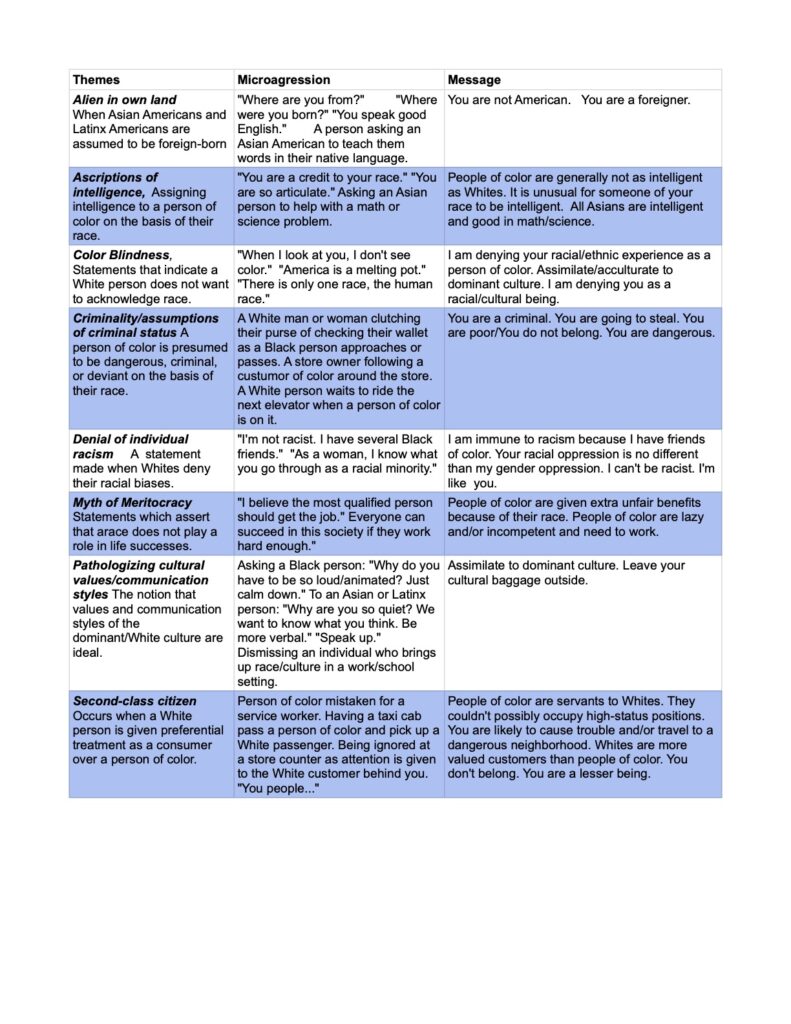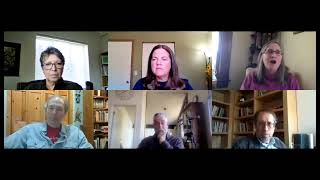Living into Inclusivity: When it comes to race, our choice of words and actions matter
I’ve been part of a small group studying racism and its impact in our society for the past eight months. It has been a journey of discovery and self reflection as we have endeavored to better understand the experience of people of color in our culture.
Our Living Into Inclusivity group — six church leaders and two community members — approaches this issue with a shared conviction that everyone should be treated with respect and dignity and that our society has a long history of discrimination and exclusion.
Our most recent discussion focused on how actions we take or language that we might use in everyday conversations can reinforce feelings of exclusion or not belonging. While some folks might consider this “political correctness,” we took the view that it is a helpful practice to consider how language might be received.
Personally, I believe in the value of trying to meet people where they are rather than expecting people to meet me where I am.
For example, assuming a person of color is a service worker reinforces a notion of people of color being second-class citizens. Or, asking a person of color where they are from reinforces that the assumption that they don’t belong.
We live in a society where the norm is assumed to be white and there is a long history of people of color are somehow less than. We can have unconscious reactions that are built on these assumptions, as Cascade Unitarian Universalist pastor Laura Shennum acknowledged when she talked about moments in her past when she clutched her purse tightly while passing a group of African Americans on the street.
These are the cultural messages that are deeply ingrained in our society. Dave Haven, the pastor at Celebration Lutheran, talked about how his church has adopted a mindset of being “color amazed” rather than one of being color blind. As we’ve discovered in our reading and conversations, the notion of color blindness may seem like a worthy ideal, but in reality it whitewashes or denies the experience of people of color, who face far different challenges in everyday life than those of us from the dominant culture.
As Francis Twiggs, the rector at St. Luke’s Episcopal Church put it, Martin Luther King thought that we shouldn’t judge people by the color of their skin. He didn’t say we shouldn’t notice the color of a person’s skin.
Those of us from the dominant culture cannot truly understand the daily life experiences of people of color. What doesn’t happen to us doesn’t affect us. As John Coleman Campbell, senior pastor at First United Methodist Church put it, “my first reaction if you are offended (by my language) is to justify myself rather than try to understand.” This is the self awareness we are trying to develop to be more compassionate and aware human beings.
People who are different have experiences the rest of us cannot fully fathom. This is true of people of color, those in the LGBTQ community, individuals with intellectual disabilities and so on.
What emerged out of our discussion was a sense that we ought to do our best to understand the barriers and slights people are subjected to and do what we can to create a community where dignity and respect is extended to everyone.
Here are some examples of micro-aggressions and how those messages might be received:


